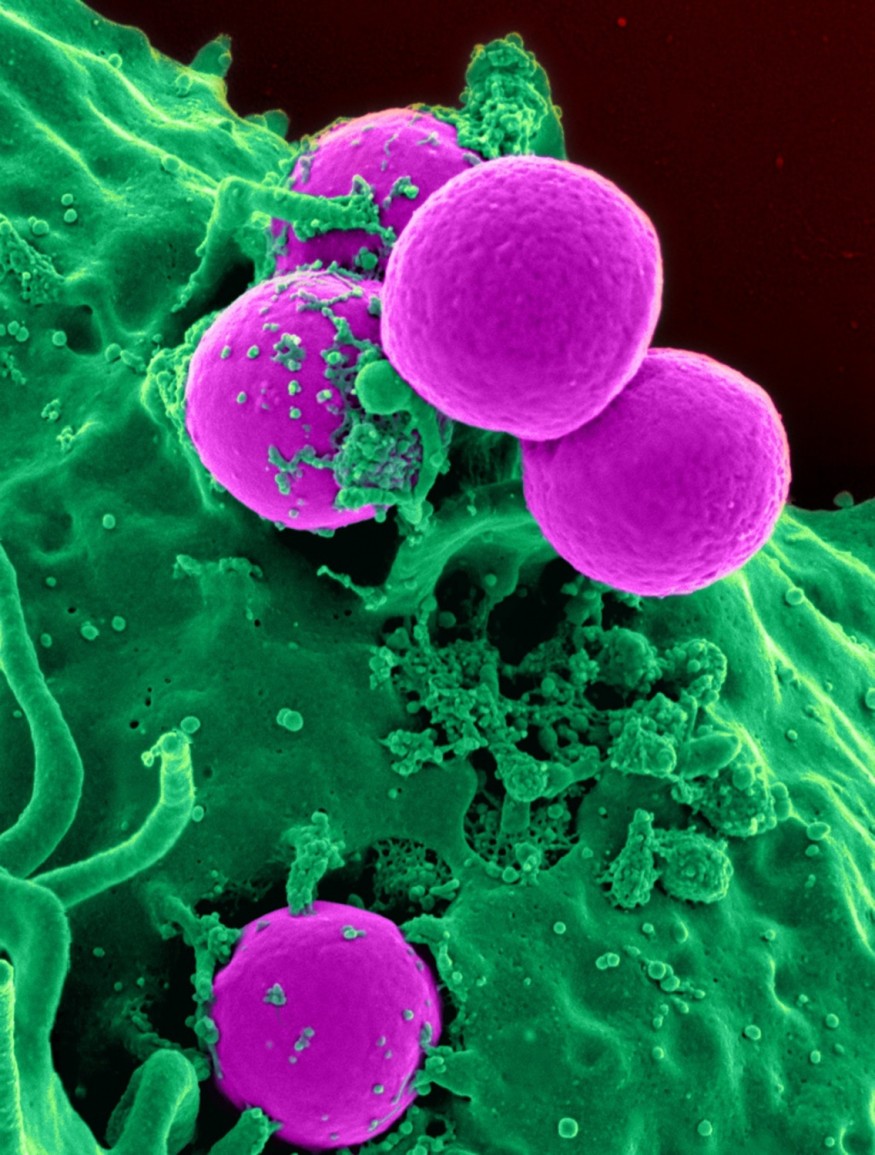Scientists are beginning to work on the effects of gut microbiomes on human brain health. Researchers believe that it may lead to easier and better treatments for different brain diseases.

Gut Microbiome and Brain Health
2006, shortly after neuroscientists Jane Foster launched her own laboratory, she and her team worked on two groups of mice: one with a healthy array of microorganisms in their guts, while the other lacked a microbiome.
Researchers noticed that the mice with no gut bacteria seemed less anxious than the healthy mice. When placed in a maze with open paths and some walled-in, these mice preferred the exposed paths. The bacteria seemed to be able to influence the mice's brain and behavior.
Foster, from McMaster University, Canada, failed to get her study published. She says, "People didn't buy it. They thought it was an artifact." However, three years later, she was finally accepted to publish her study.
Despite many hesitations in the science community, thousands of publications over the past decade reveals that trillions of gut bacteria could have profound effects on the human brain and might be related to a whole host of disorders.
In recent years, the field has made significant strides. Rather than talking about the gut microbiome as a whole, researchers are drilling down to identify which specific microbes are responsible for specific effects on the body.
Tangle Transmission
1817, James Parkinson, an English surgeon, described one of the first cases of "shaking palsy" later would be known as Parkinson's disease. One patient had developed prickling and numbness in both arms. Parkinson noticed that the patients' abdomen seemed to contain "considerable accumulation." Dosed with a laxative, the patient lost his symptoms after 10 days.
Science now believes that Parkinson was on to something. Many patients that develop Parkinson's disease experience constipation way before they develop mobility problems. Many researchers have embraced the concept that the disease begins in the gut, at least for some cases.
Hastening Decline
Proponents of the field of gut-brain link theorize that it can do more than trigger some cases of neurodegenerative disease: some believe it could also affect the severity of the disease.
Eran Elinav, an immunologist at Weizmann Institute of Science, Israel, and the German Cancer Research Center, Heidelberg, was struck by how ALS can develop: some progress slowly, while othered deteriorate more rapidly.
Elinav wondered whether the gut microbiome could be behind the phenomenon. He and his colleagues worked with one of the most common ALS mouse models. When the microbiome in the mice was wiped out with antibiotics they observed that the mice developed a rapid progression of the disease than those with the normal gut microbiome.
There has been an immense pile-up of data for gut-brain correlation. John Cryan, a neuroscientist from the University College Cork, Ireland, says that he finds the mounting evidence convincing and with an enormous promise in microbiome-based therapies for brain diseases.
Related Article : Scientists Discover New Effective and Safe 'Antifungal Turbinmicin' from Sea Squirt Microbiome
Check out more news and information on Microbiome on Science Times.
© 2025 ScienceTimes.com All rights reserved. Do not reproduce without permission. The window to the world of Science Times.












